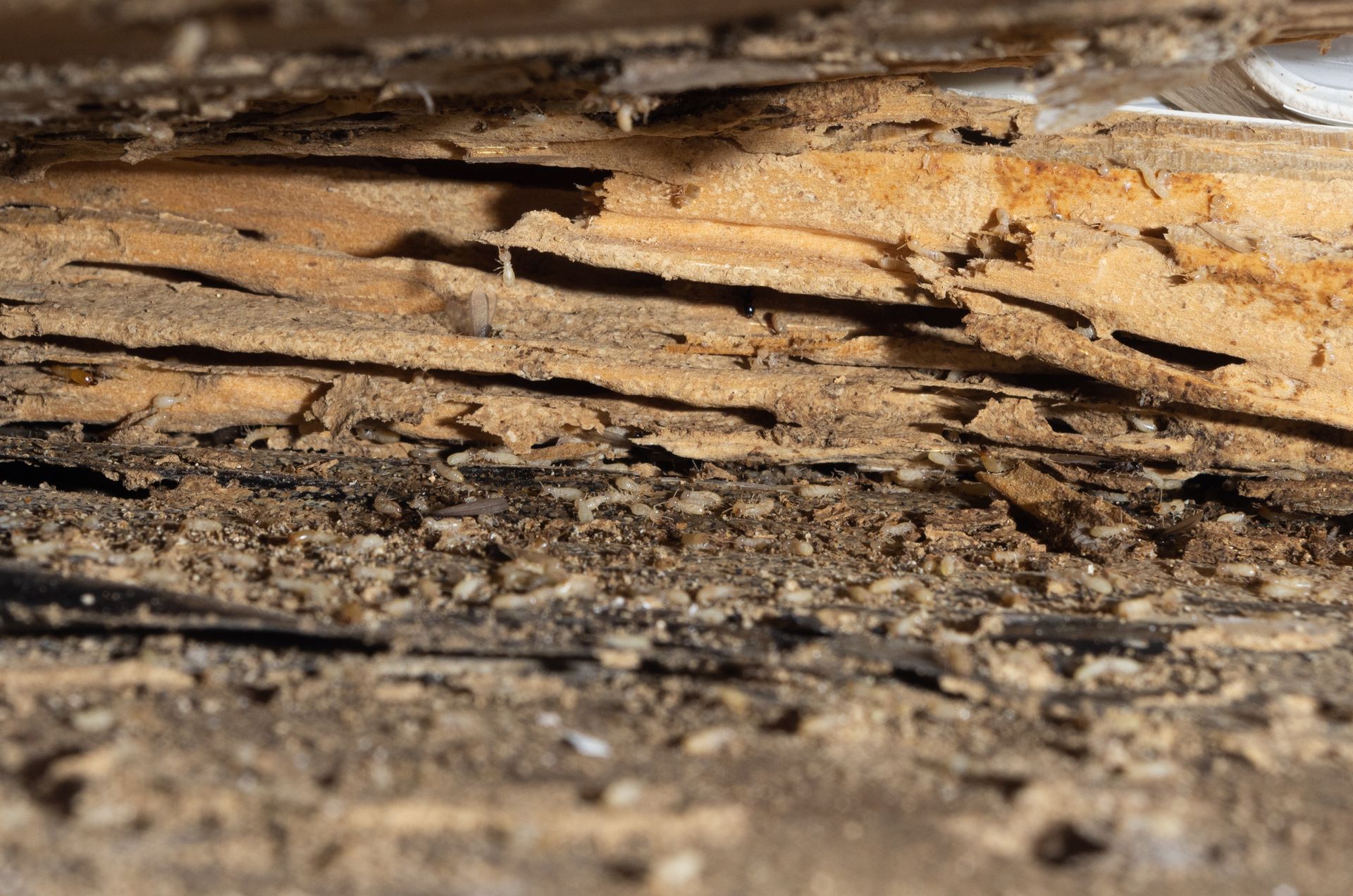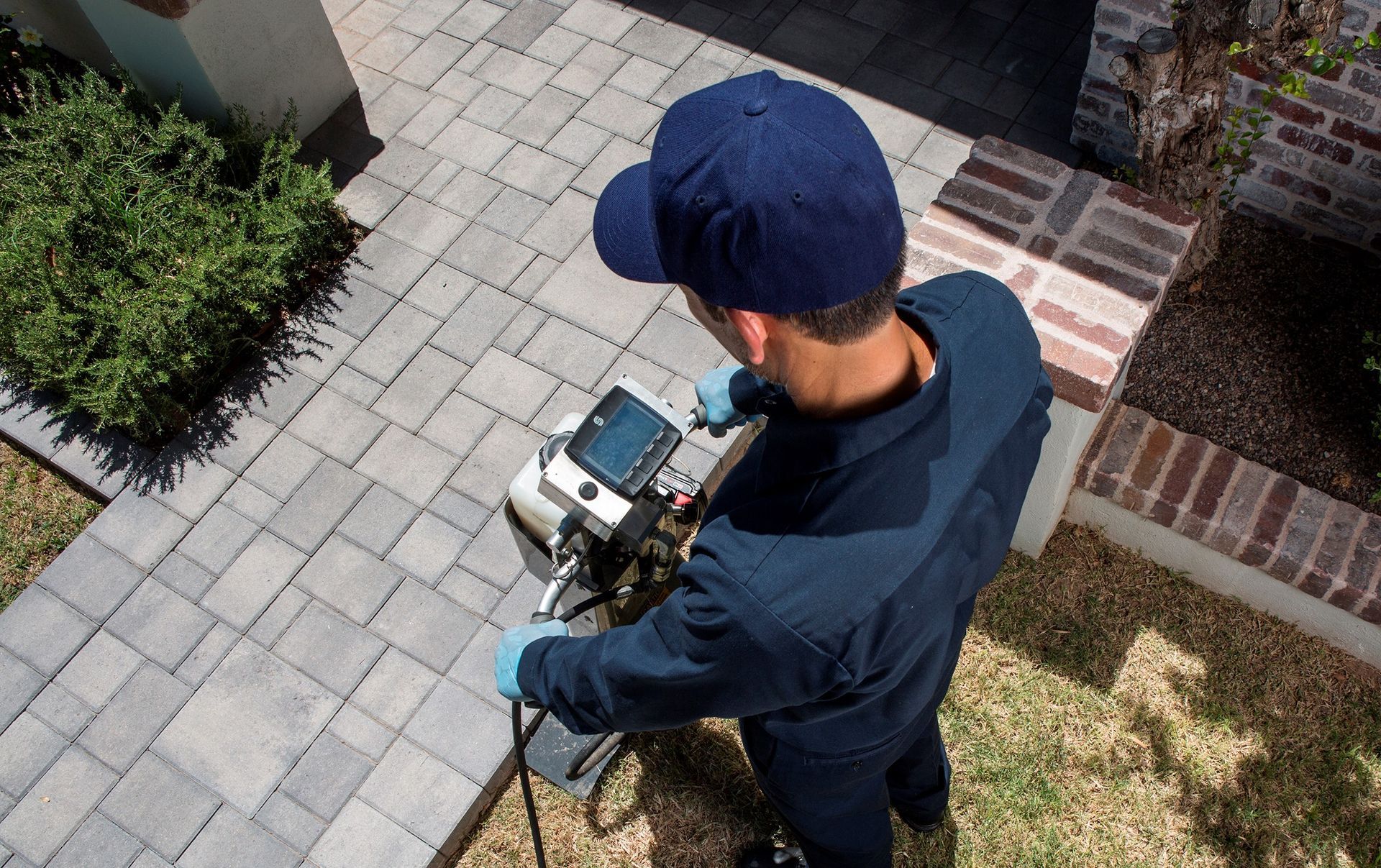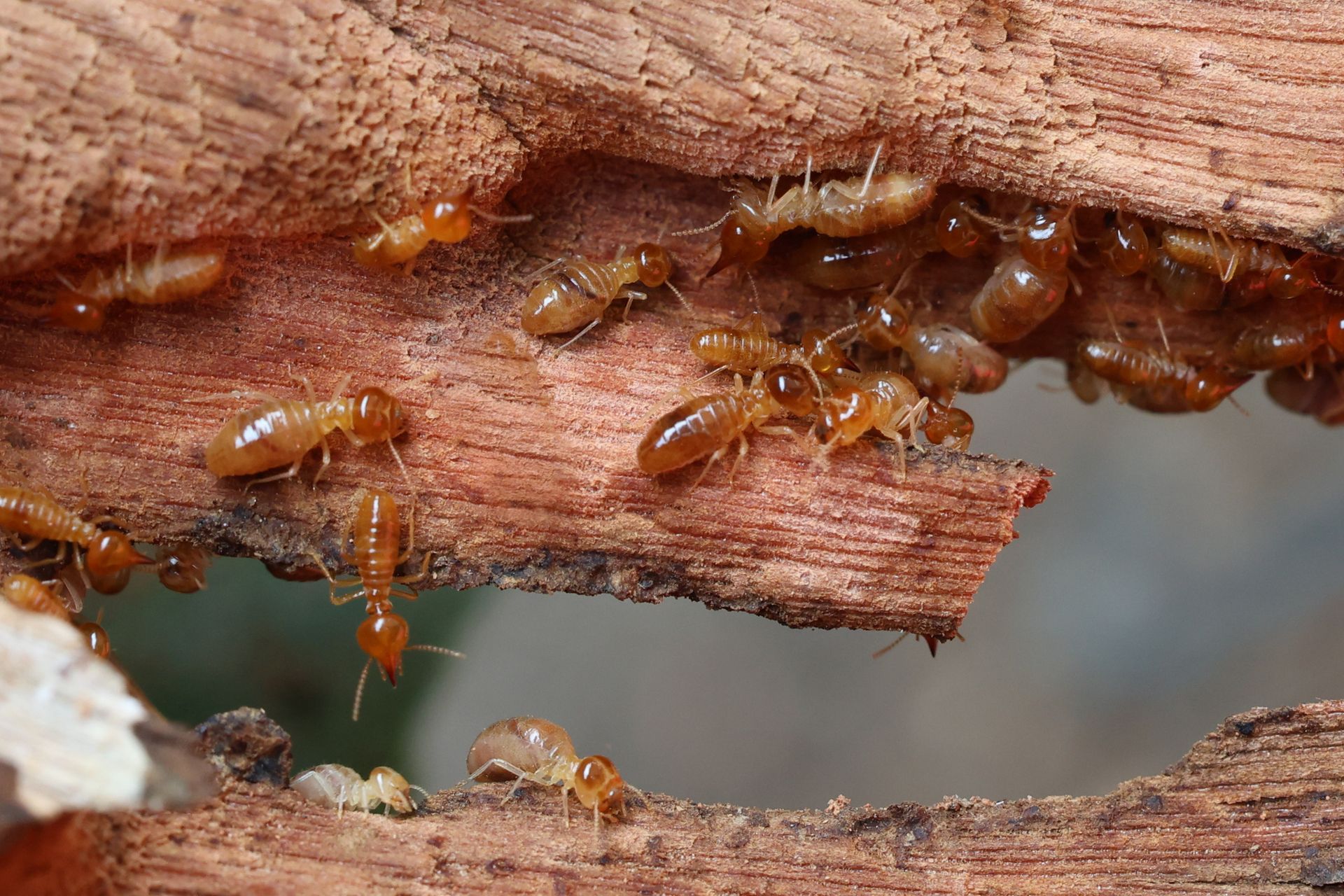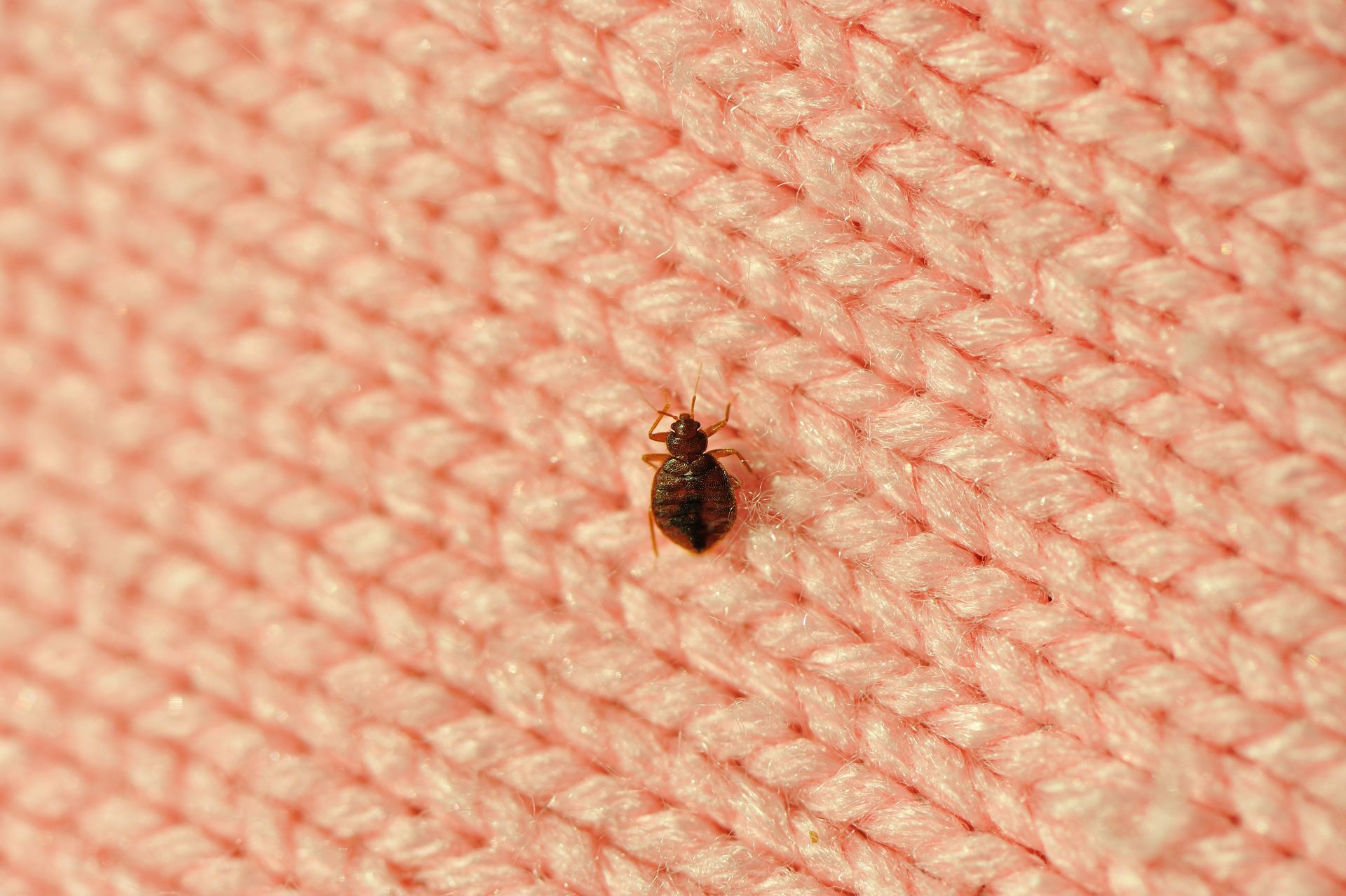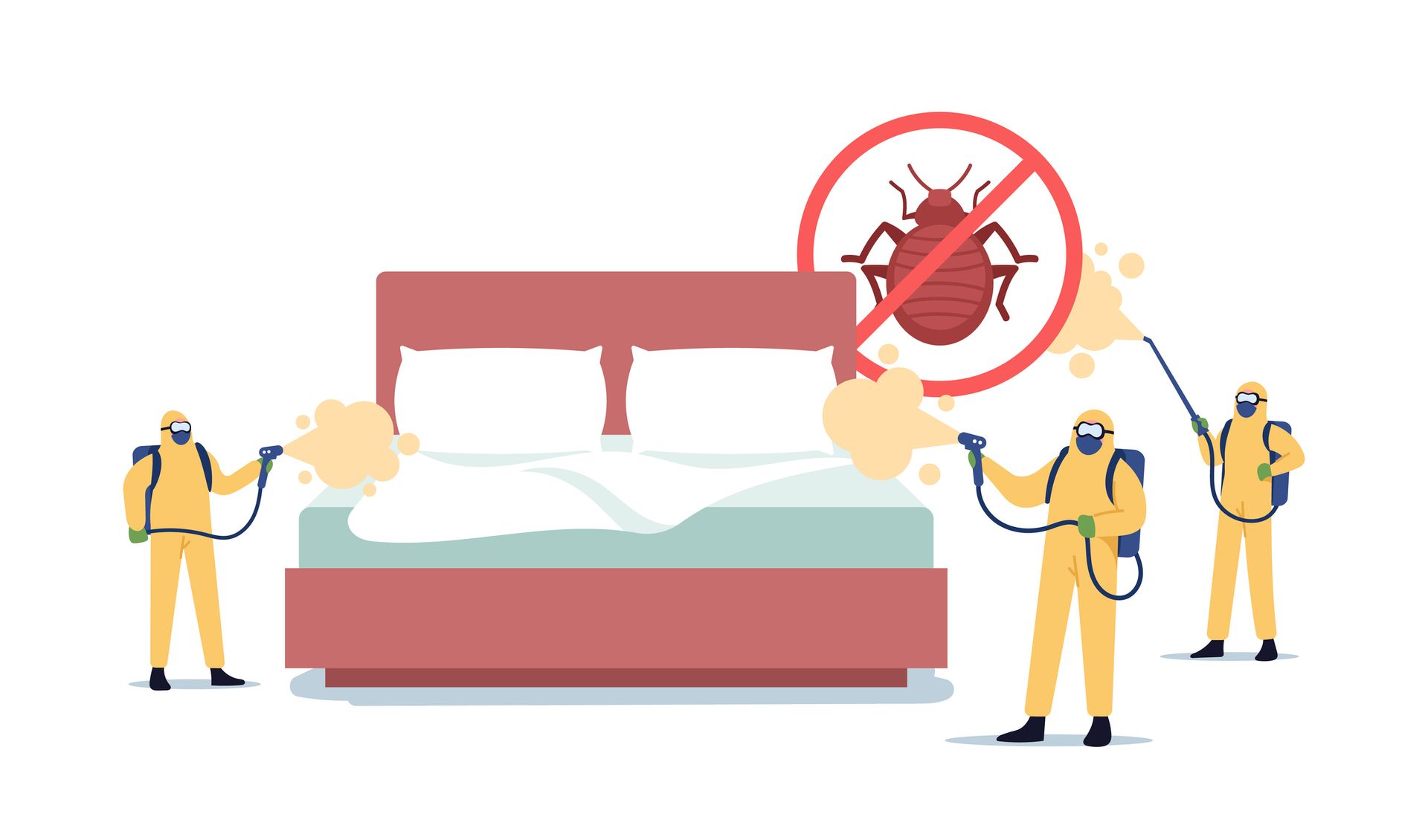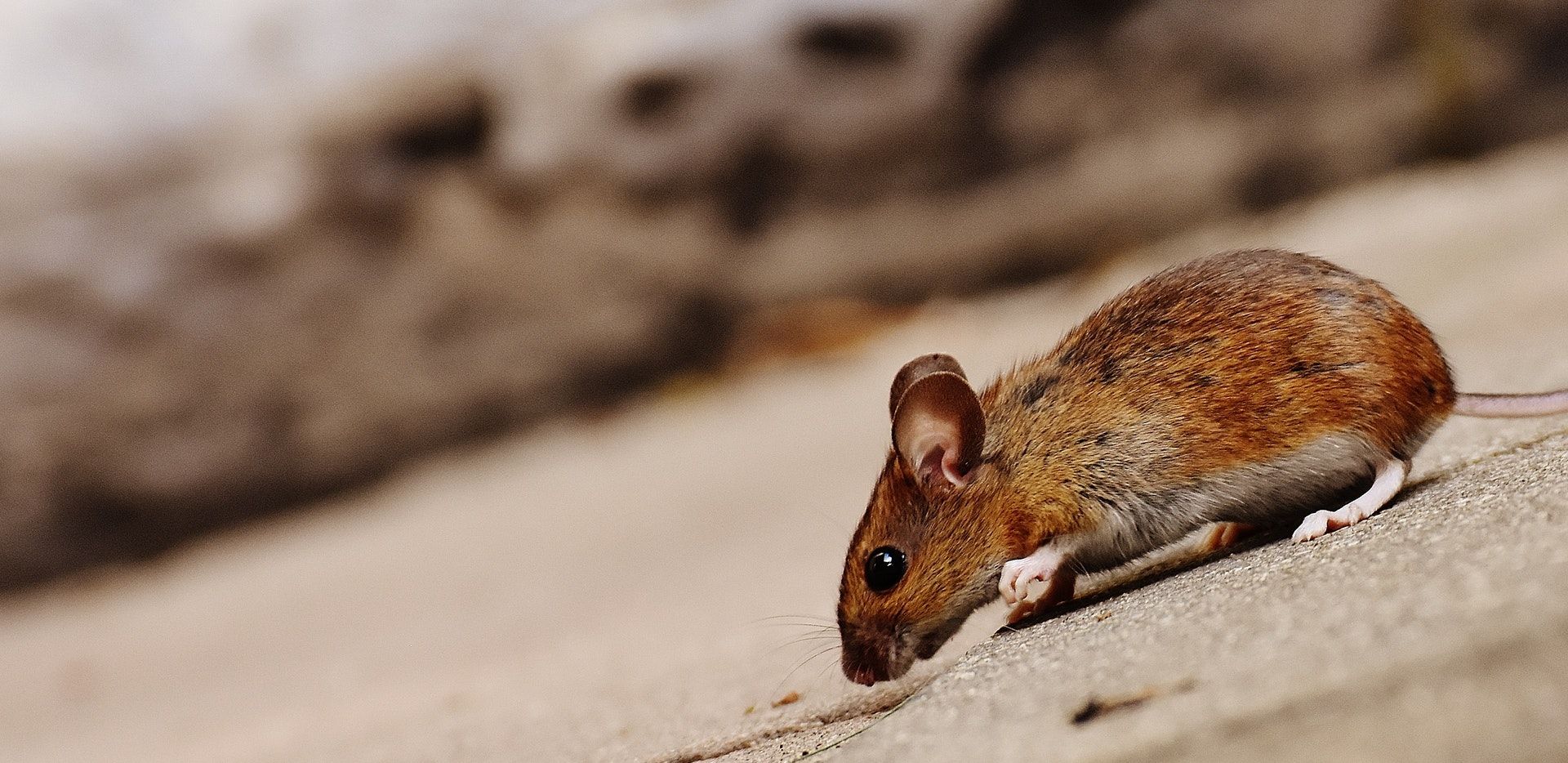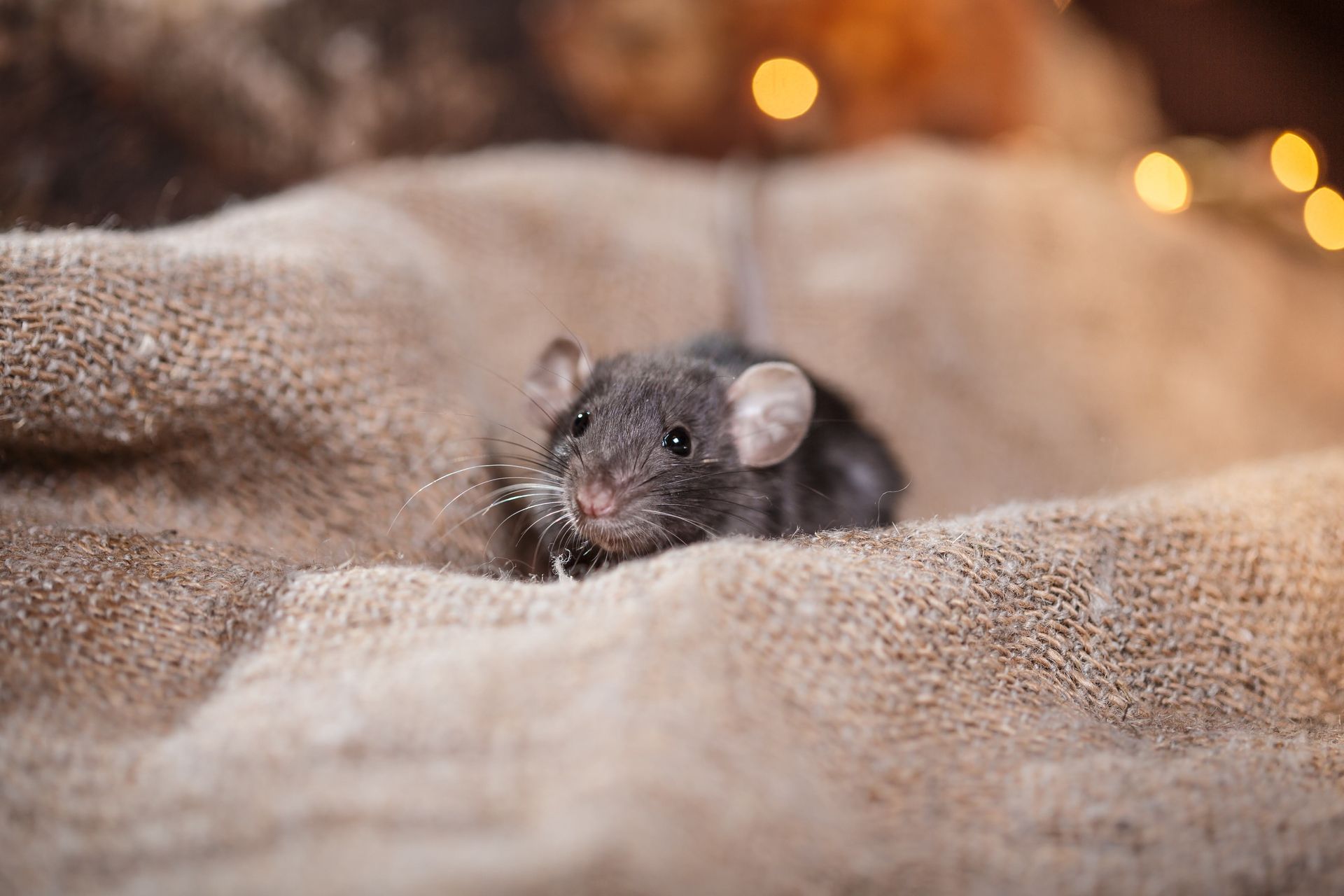Mouse Diseases & Helpful Prevention Tips
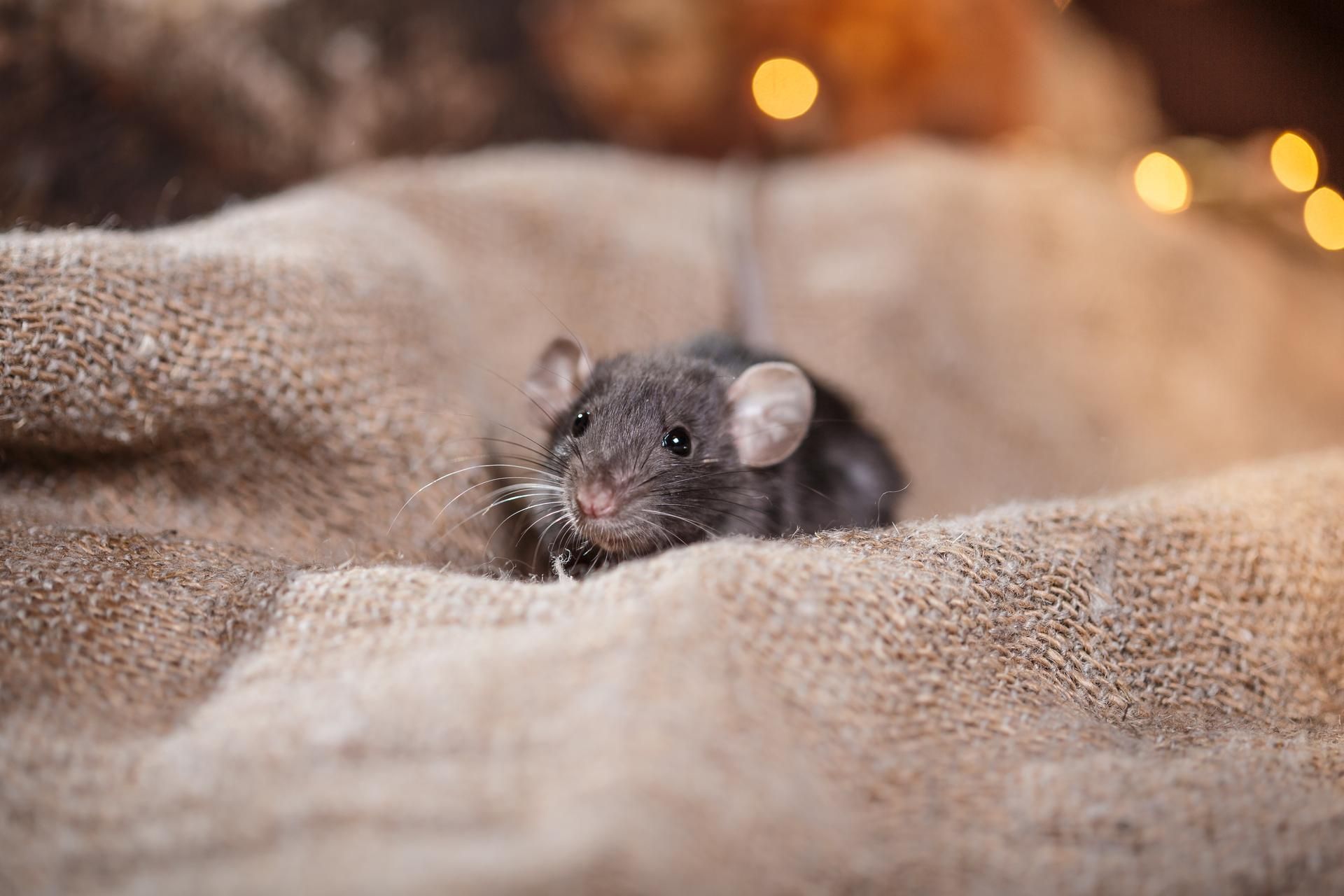
Mice often invade homes to avoid weather problems, seek out food, and stay sheltered from predators. Unfortunately, these unwanted guests often track in a multitude of viruses, bacteria, and more that threaten the health of homeowners and their families. Understanding the extent of these diseases and the ways to prevent them can alert homeowners to the problems these pests pose.
Salmonella
This common food-borne illness comes from bacteria that cling well to the fur of most rodents. When these pests invade a home's food supply, they may transmit this bacteria to the food and increase a person's risk of salmonella infestation.
To prevent this, pay attention to any debris that may be outside of your food sources, such as mice droppings or scratches on packages that indicate mice attempting to break into the food. Throw away this food and purchase replacements, storing them in hard plastic containers.
Tularemia
Tularemia is a bacteria species that infects not only humans but also a broad range of animals, such as rabbits and most rodents. This disease triggers fevers that may get as high as 104 degrees Fahrenheit. But, thankfully, antibiotics minimize the severity of these tularemia symptoms.
The spread of this disease occurs primarily through mosquito, tick, or flea bites from pests that have fed on infected mice or rats. Therefore, homeowners should pursue control methods for these parasites, as well as rodents, to prevent infestation.
Lymphocytic Choriomeningitis
This disease, otherwise known as LCMV, occurs when a virus is carried by a mouse – which is always unaffected by the disease – in its feces, saliva, or urine. Thankfully, this disease very rarely occurs, but when it does, individuals will need immediate treatment.
Therefore, prevention is the best step to take in this circumstance. Like salmonella, the best way to avoid this disease is to check your food for mouse droppings or scratches and to throw away contaminated items. Just as importantly, homeowners should regularly clean their home to get rid of dust potentially containing mouse droppings or offal.
Bubonic Plague
Though bubonic plague is now a very treatable disease, it may still cause fevers, weakness, and painful skin lesions near their lymph nodes. Typically, bubonic plague spreads through flea or tick bites from pests that have bitten a rodent with bubonic plague.
Therefore, prevention of this disease focuses on not only rodent control but also proper flea and tick management. Place tick and flea collars on all pets in a home and regularly check them for bites. Just as importantly, make sure to kill or remove all of the mice in a home.
Other Diseases Carried By Mice Parasites
Parasites such as ticks and fleas may transmit multiple illnesses that don't affect the mouse but which can spread to humans. For example, severe Lyme disease infections may occur in individuals who live in a home infested with mice and their tricks. Other parasite-spread diseases include Colorado Tick Fever and Babesiosis.
Managing this problem requires a multitude of treatment methods, such as exclusion. Exclusion will seal all holes through which mice, covered with fleas and ticks, can invade a home. As a result, no new rodents will enter and all those in the house will be trapped. As a result, a single treatment method for rodents and their parasites should manage this problem for good.
Pest Control Help Is Available
The potential diseases spread by mice infestations makes pest control an essential choice for many homeowners. If you live in a home infested with mice and want to avoid health problems, please don't hesitate to contact us at Pass Pest Control to learn more. Our experts will work hard to manage your problem with efficiency and care.

